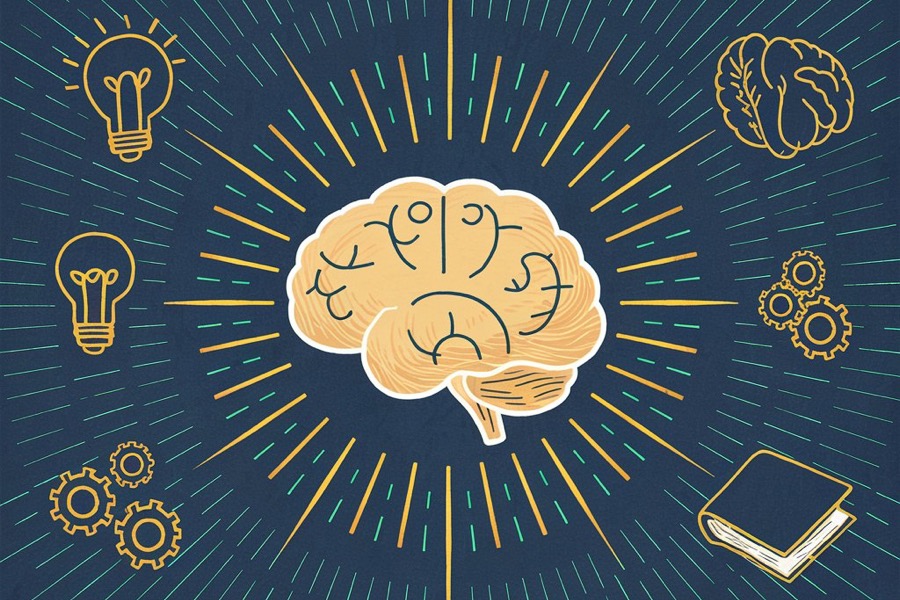Tossing and turning. Checking the clock every few minutes. If this sounds familiar, welcome to the club...
The reasons are complex—increased stress levels, erratic schedules, and too much screen time. But one major factor may surprise you: your dinner plate.
Researchers in the nascent field of chrononutrition found that the foods you eat—and the timing of meals—significantly affect the quality of your sleep. For example...
- A staggering 70 million Americans (nearly 1 in 3) suffer from chronic sleep problems, according to CDC data.
- Several studies suggest that the Mediterranean diet promotes longer sleep duration, better overall sleep quality, higher sleep efficiency (more time asleep while in bed), and fewer sleep disturbances.
From tryptophan-packed eggs to melatonin-boosting cherries, discover the chrononutrition secrets for deeper, more restorative sleep and stronger cognitive health.

Why it matters
For cognitive health, quality sleep is crucial. Research consistently shows that good sleep maintains and enhances cognitive function. Here's how:
- Memory consolidation: Sleep, particularly REM and non-REM sleep, is essential for consolidating memories and reinforcing information in the brain
- Cognitive performance: Getting enough high-quality sleep fosters attention, concentration, problem-solving, creativity, emotional processing, and judgment. A study found that seven hours of sleep per night was associated with the highest cognitive performance.
- Brain maintenance: During sleep, the brain conducts important maintenance such as clearing out beta-amyloid, which is associated with Alzheimer's disease.
- Long-term cognitive health: Sufficient sleep may help reduce the risk of age-related cognitive decline and dementia. Poor sleep has been linked to a higher risk of Alzheimer's disease.
- Brain structure: People who sleep between six to eight hours have been found to have significantly greater grey matter volume in various brain regions.
- Cognitive decline prevention: Both short (less than 6 hours) and long (more than 8 hours) sleep durations are associated with worse cognitive performance over time.

What to do
Research supports the following approaches:
- The Mediterranean diet is packed with sleep-promoting nutrients like tryptophan, which helps produce melatonin, and serotonin, a precursor to melatonin. These nutrients regulate sleep cycles and promote restful sleep. Eggs, fatty fish, mushrooms, bananas, and tart cherries are good sources of tryptophan.
- Early dinner: Eating close to bedtime can negatively impact sleep quality. Eating dinner at least 2-3 hours before bedtime.
- Regular meal times: Having a regular eating rhythm helps signal your brain when it's time to be alert and when it's time to be drowsy. Try to eat your first and last meals around the same time each day.
- Eat breakfast: Skip breakfast and you might be hungrier at night, resulting in poor food choices near bedtime. Research finds people who skip breakfast experience less sleep quality.
- Reduce Alcohol: While alcohol may initially help you fall asleep faster, it suppresses REM sleep and shortens sleep duration.
- Light Evening Snack: A light snack an hour or so before bed can help prevent hunger-induced sleep disruptions. There's scientific backing that milk—a good source of tryptophan—improves sleep.
In a nutshell
Adjusting your diet can help you sleep better and as a result, maintain or improve your cognitive health. Follow a Mediterranean diet, front-load your calories earlier in the day, and cut back on alcohol close to bedtime.

